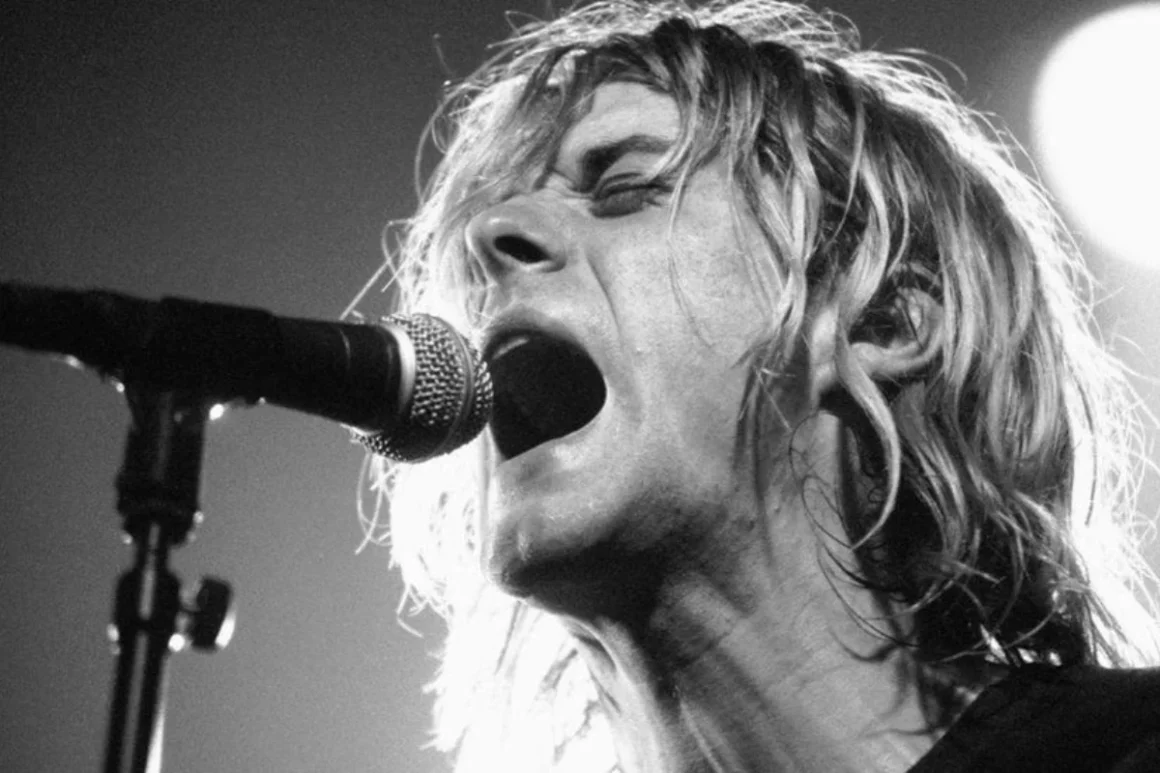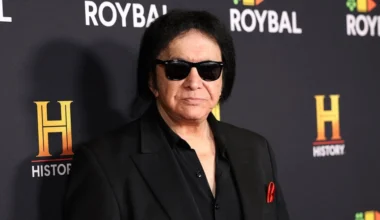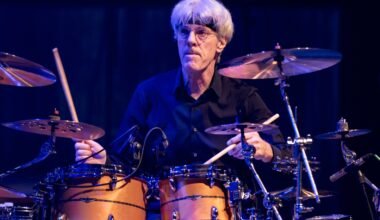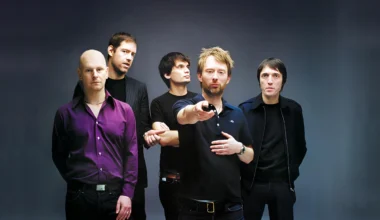he tragic death of Kurt Cobain remains one of music’s most heart-wrenching losses, marking the end of an era and the abrupt dissolution of Nirvana.
Without their leader and creative driving force, Nirvana couldn’t continue. Yet, even if Cobain had survived, the band’s fate was likely sealed—Nirvana would have broken up regardless.
Nirvana’s Impact on Guitar Music
Despite some criticism for borrowing from the Pixies, Nirvana’s influence on guitar music is undeniable.
Their breakthrough single, “Smells Like Teen Spirit,” was unlike anything heard before. While the band wore their grunge and punk influences proudly, they created something entirely fresh, perfectly timed for an audience craving a new sound.
Nirvana’s Reluctant Superstardom
At their core, Nirvana was a band that stayed true to the spirit of punk, prioritizing the craft over fame.
Despite any musician’s dream of “making it,” the band’s sudden success after Nevermind exploded was more akin to Beatlemania than a gradual rise to fame.
Cobain and his bandmates were uncomfortable with their newfound superstatus, and while they became legends and earned fortunes, fame dramatically affected their personal lives.
Fame, Tension, and Internal Struggles
Fame quickly took its toll on the band’s relationships. Between mounting mental health challenges, drug use, and personal issues, the creative and supportive environment within Nirvana began to erode.
The harmony they once shared pre-Nevermind was gone. Cobain’s relationships with his bandmates, particularly drummer Dave Grohl, became strained over time.
The Rift Between Cobain and Grohl
While tensions brewed within the band, the dynamic between Cobain and Grohl grew especially fraught.
After the success of Nevermind, a dispute over the royalties from “Smells Like Teen Spirit” left Cobain with a larger share, which Grohl and bassist Krist Novoselic accepted begrudgingly to keep the band intact.
By the end of 1993, Cobain’s deteriorating mental and physical health strained his relationship with Grohl further.
At one point, Cobain wanted to fire Grohl, despite the drummer being vital to Nirvana’s success. Grohl had joined the band after the departure of Chad Channing and was instrumental in driving Nirvana’s sound forward.
The Moment Cobain Considered Firing Grohl
Nirvana biographer Michael Azerrad revealed in a 2021 piece for The New Yorker that Cobain once shouted about firing Grohl in his hotel room, knowing full well that the drummer was in the adjacent room.
“Dave can hear you!” Azerrad warned Cobain, to which Cobain replied angrily, “I don’t care!” Grohl heard it all.
Years later, Grohl admitted to his own biographer that he was aware Cobain wanted him out.
He recalled overhearing Cobain criticizing his drumming during a flight from Seattle to Los Angeles.
When they landed, Grohl told the band’s tour manager that he was planning to quit after their last scheduled show, though he was eventually convinced to stay.
The Unavoidable End of Nirvana
Despite these efforts to hold the band together, it was clear that Nirvana’s days were numbered.
Even without Cobain’s tragic death, the mounting internal tensions, creative struggles, and Cobain’s declining mental health meant that the band’s demise was inevitable.
Nirvana’s legacy, however, would live on long after their final performance.







